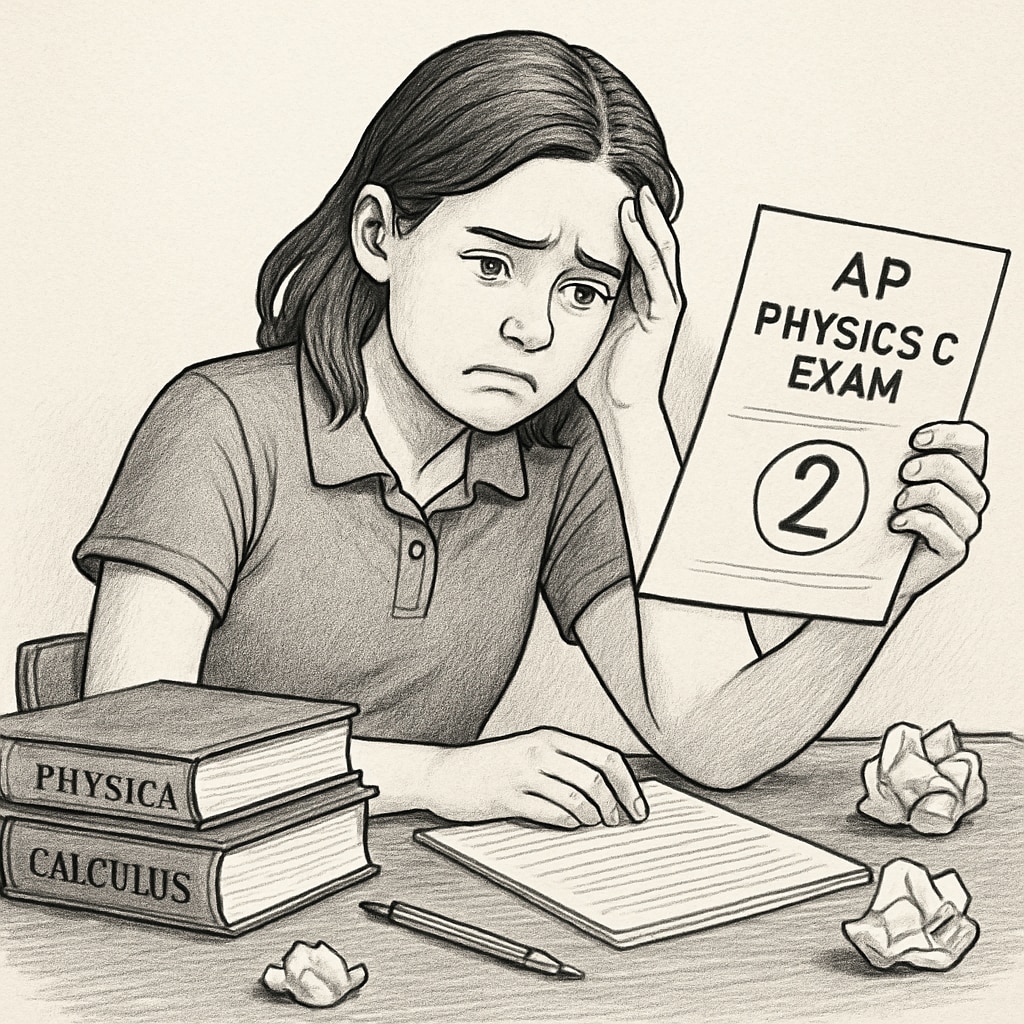In the competitive realm of K12 education, students often rely on the integrity of their teachers and the fairness of academic systems to succeed. However, incidents involving AP Physics C, exam errors, grade appeals, and teacher misconduct have highlighted troubling flaws in academic fairness. These lapses can significantly impact a student’s academic trajectory and trust in the system. This article examines such professional misconduct, the challenges students face during the appeal process, and the broader implications for educational equity.
Understanding Professional Misconduct in AP Physics C
Professional misconduct in the classroom can take many forms, from grading errors to biased treatment of students. In the context of AP Physics C, such misconduct often manifests as exam errors, unclear evaluation criteria, or even negligence in providing the necessary academic support. For example, some students report instances where test questions were incorrectly marked or where teachers failed to adhere to established AP scoring standards. These errors, though seemingly minor, can have major repercussions for students aiming to earn college credit or secure a competitive GPA.
Furthermore, the power imbalance between teachers and students compounds the issue. Students may feel intimidated to raise concerns, fearing retaliation or further academic disadvantages. Meanwhile, the lack of oversight mechanisms often allows such misconduct to go unchecked. According to Britannica’s overview of education, fairness and accountability are foundational to effective learning environments. Yet, when these principles are compromised, the entire system falters.

The Complexities of the Grade Appeal Process
When students encounter grading errors or perceive unfair treatment, they are often advised to follow a formal appeal process. However, this process is rarely straightforward. In many cases, students must navigate layers of bureaucracy, including school administrators, district boards, and, in some cases, external organizations like the College Board. Each step requires substantial documentation, such as detailed explanations of the error and supporting evidence.
One key challenge in this process is the lack of transparency. Students are often left in the dark about how decisions are made or who is responsible for reviewing their claims. Additionally, the emotional toll of such appeals cannot be understated—students must not only advocate for themselves but often do so in a system that inherently favors educators’ authority over student perspectives. This imbalance raises critical questions about how schools can foster a more equitable system for resolving disputes.
For more information about the appeals process, the Advanced Placement program on Wikipedia provides a general overview of AP courses and their administration.

Broader Implications for Educational Equity
The consequences of unresolved misconduct and flawed appeal systems extend far beyond individual cases. When students lose faith in the fairness of their education, it can diminish their motivation and trust in the system. Moreover, systemic issues disproportionately affect marginalized groups who may lack the resources or support to challenge unfair practices effectively.
To address these challenges, schools must prioritize creating transparent and accessible mechanisms for students to voice concerns. This includes providing clear guidelines for grade appeals, offering third-party oversight to ensure impartiality, and fostering a culture where students feel empowered to speak up without fear of reprisal. Additionally, professional development programs for teachers should emphasize the importance of fairness and accountability in grading and classroom management.
Conclusion: A Call for Reform
Incidents of professional misconduct in AP Physics C, coupled with the challenges of grade appeals, underscore the urgent need for reform in K12 education systems. By addressing these issues, schools can create a more equitable environment that prioritizes student development and academic integrity. For students and parents navigating such challenges, persistence and documentation are key, but systemic changes are essential to ensure such efforts are not in vain.
Ultimately, education should empower students, not hinder them. The path forward lies in fostering fairness, accountability, and transparency at every level of the academic system.


